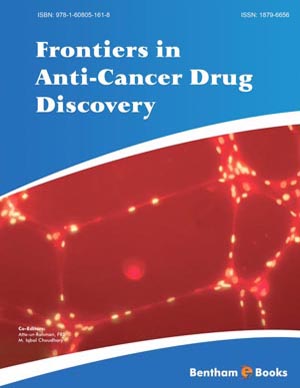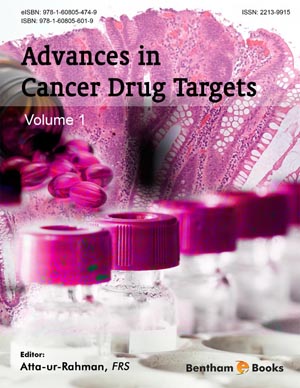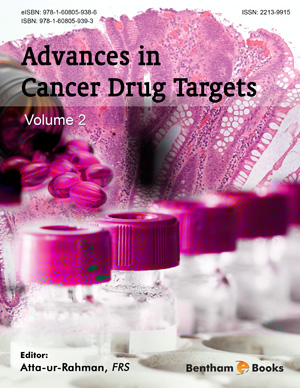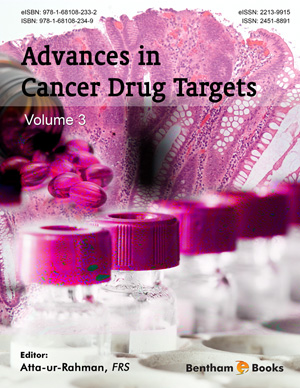Abstract
The androgen receptor (AR) plays a central role in the initiation and growth of prostate cancer. Androgen deprivation therapy (ADT) has been a gold standard for advanced prostate cancer for decades. Unfortunately, suppressive effects of ADT do not last long and hormone-refractory prostate cancer develops within several years. In spite of extensive research on mechanisms of hormoneindependent growth of prostate cancer, there are few effective treatment options for recurrent tumors and most patients die from the disease in a short period of time. Accumulating evidence suggests that the AR signaling system remains intact and activated despite low levels of androgens in hormone-resistant prostate cancer. Currently, modifications to the AR via mutations, amplification and phosphorylation have been proposed as underlying mechanisms of hormone-resistance of prostate cancer cells. In addition, changes in AR cofactors are implicated in ligandindependent activation of AR signaling. Thus, the development of novel and more effective treatment modalities targeting the AR and AR-related molecules may provide better management of androgen-independent prostate cancer. Although recent patents on the AR related to prostate cancer are focused on antiandrogens, future trend will be shifted to agents or methods suppressing molecules or pathways that activate AR signaling in low androgen environments.
Keywords: Prostate, neoplasms, androgen, receptor, amplification, phosphorylation, mutation






















